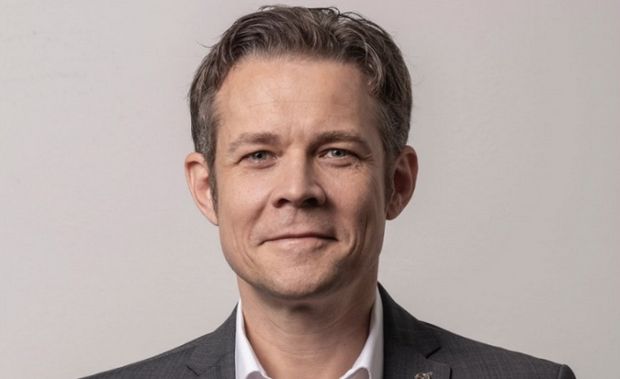There is a lot going on at the LIT Open Innovation Center. We would like to introduce some of the departments and companies working here. Today we are talking with Markus Huber-Lindinger, managing director for EREMA.

Why did EREMA move into the LIT Open Innovation Center/LIT Factory?
Markus Huber-Lindinger: There isn’t anywhere else along the entire plastics value chain with as much concentrated expertise as here in Upper Austria. We knew we wanted to be in a place where renowned companies and leaders in the field collaborate with the scientific community, focusing jointly at the LIT Factory on developing sustainable and smart solutions for injection, extrusion and recycling.
In just a few words, describe what makes your company unique.
Markus Huber-Lindinger: EREMA’s founders were already re-thinking plastics and 37 years ago - at a time when plastic recycling was not even yet an issue - they set their sights on exactly this. Their vision - combined with innovative strength and commitment on behalf of the entire EREMA team - still set us apart from others, helping to make us the world's leading developer and manufacturer of plastic recycling systems.
Right now, 6,500 of our recycling machines are in use around the world. We are working together with brand manufacturers, plastics producers, processors and recyclers, to integrate recycling into the value-added chain and close the plastic cycle. This has been very successful in some areas, such as PET. The highest possible re-granulate quality is needed to turn plastic waste into high-quality end products. This is why we develop our machines and components.
What is currently your favorite project and why?
Markus Huber-Lindinger: Focusing on new solutions in support of plastic recycling is not only versatile and exciting, but also very fulfilling as it is so important for our natural environment and our society. In this regard, I cannot possibly choose just one single favorite project.
The LIT Open Innovation Center’s co-working environment is a new form of space to work in and introduce potential collaboration efforts at the JKU. What opportunities do you see for research?
Markus Huber-Lindinger: Having scientific and academic support for real-world projects from the very start supports mutual learning and everyone involved benefits from what we can learn. The LIT Open Innovation Center is an ideal space to support this kind of progressive knowledge transfer.
 Go to JKU Homepage
Go to JKU Homepage








